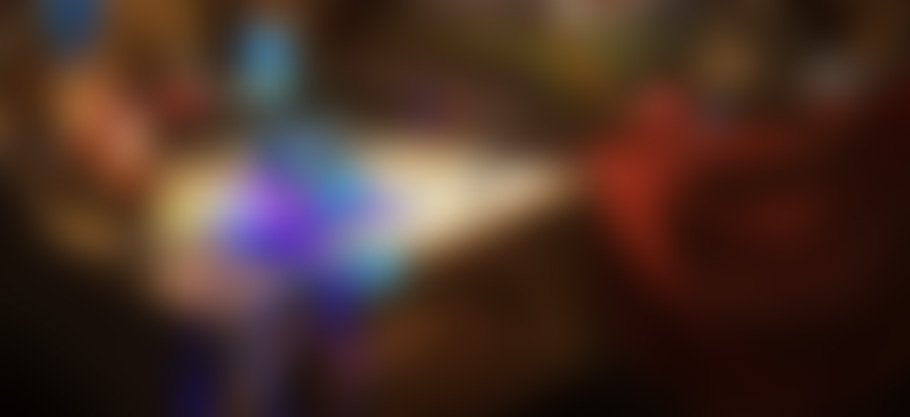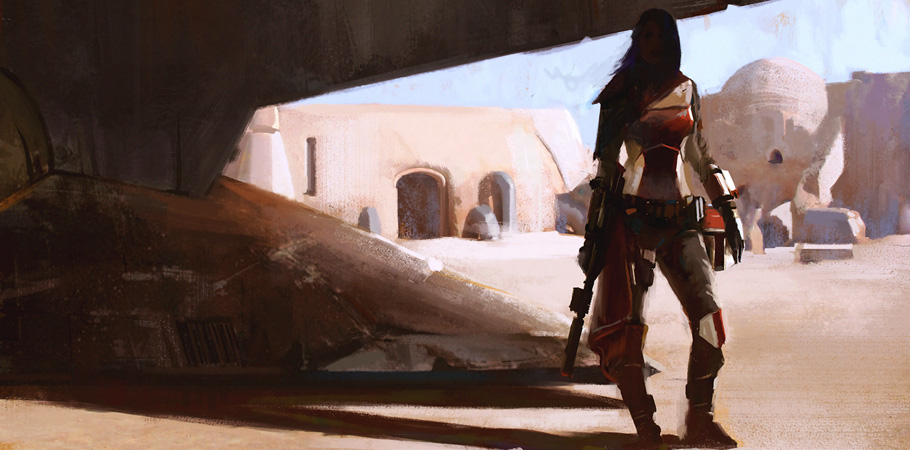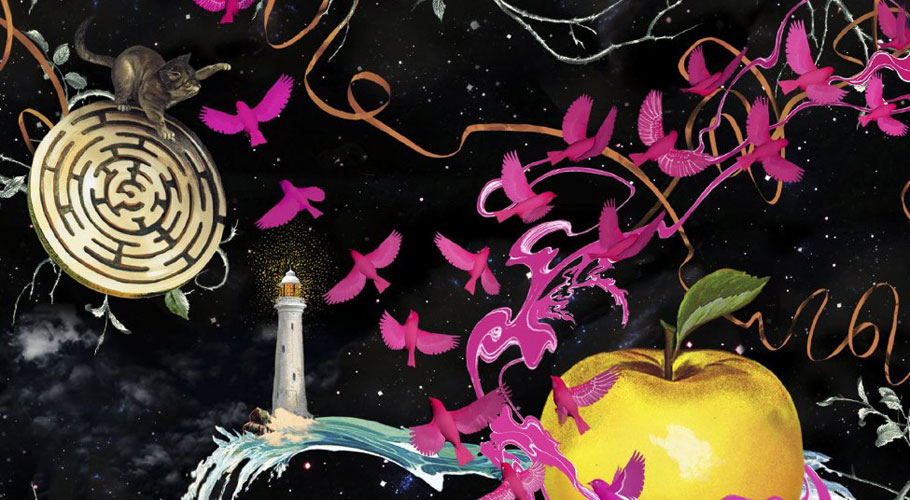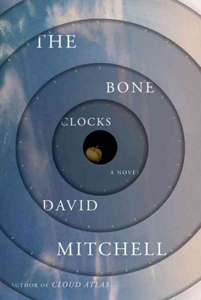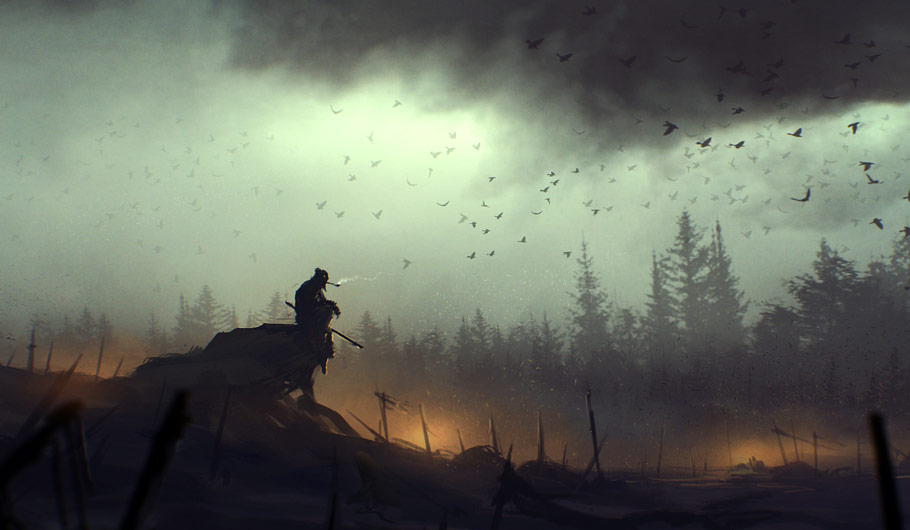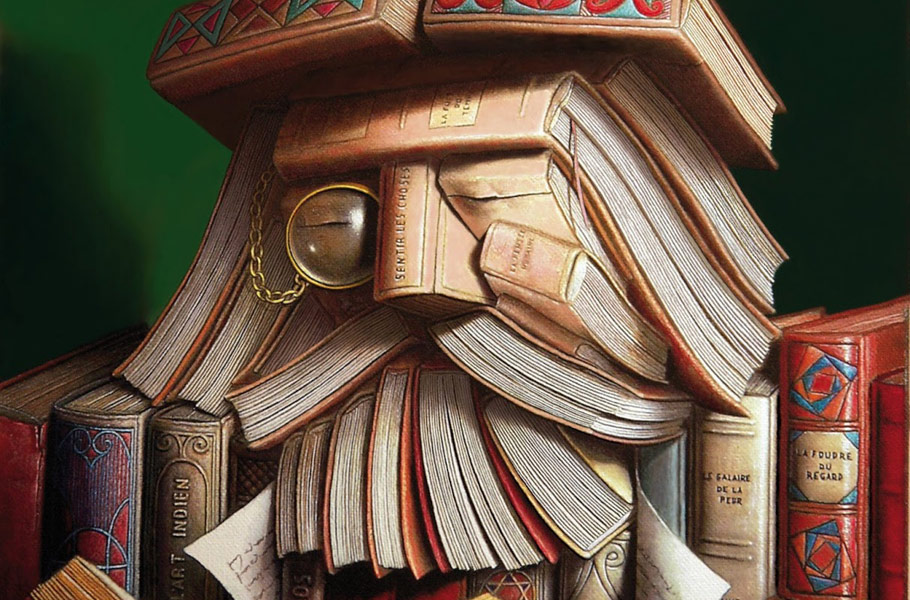So, it’s that time again. 2014 is in the rear-view mirror and we’re all puking nostalgia for the year gone by. Below is a list of some of my very favourite things from 2014.
This is very intentionally not a Hugo ballot (because who likes being strapped down by those rules if they don’t have to be), as I wanted some freedom to group things as I feel they should be grouped, and because I want to be able to celebrate stuff that I enjoyed immensely, but isn’t quite right for the Hugo Ballot (*coughFantasyLifecough*). My Hugo nominations will come later, but this should give you a hint of what’s to come.)
So, without further adieu, let’s jump into my favourite things of 2014!
My Favourite Novel
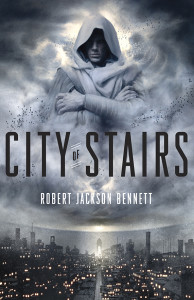
Buy City of Stairs by Robert Jackson Bennett
City of Stairs by Robert Jackson Bennett
Who would have thought that Robert Jackson Bennett, author of quirky horror/urban fantasy mash-up novels, would write the best secondary world fantasy of the year? City of Stairs is an absolute delight from beginning to end. It’s a chain-smoking, edge-of-your-seat, snarl of a novel with a wonderfully grizzled cast. The broken city of Bulikov, decimated when its gods were killed, is one of the most tragic and fascinating examples of “setting as character,” and its an absolute joy to explore its mysteries as Shara and Sigurd (an odd couple that you can’t help but love) unravel its mysteries. To top it off, Bennett wraps things up with a conclusion so satisfying and epic that you can’t hardly believe the novel’s only 450 pages. Other authors only manage to fit half so much into novels twice as long.
Even as I was startled by its twisted depth, I adored every moment I spent with City of Stairs. Colonialism lies at the centre novel’s centre, and RJB handles it with equal parts boldness and delicacy. The ruined beauty of Bulikov and its fallen gods haunted me long after I turned the final page. Read More »
